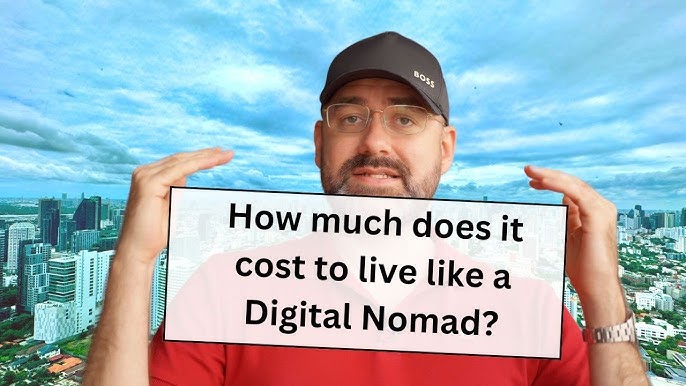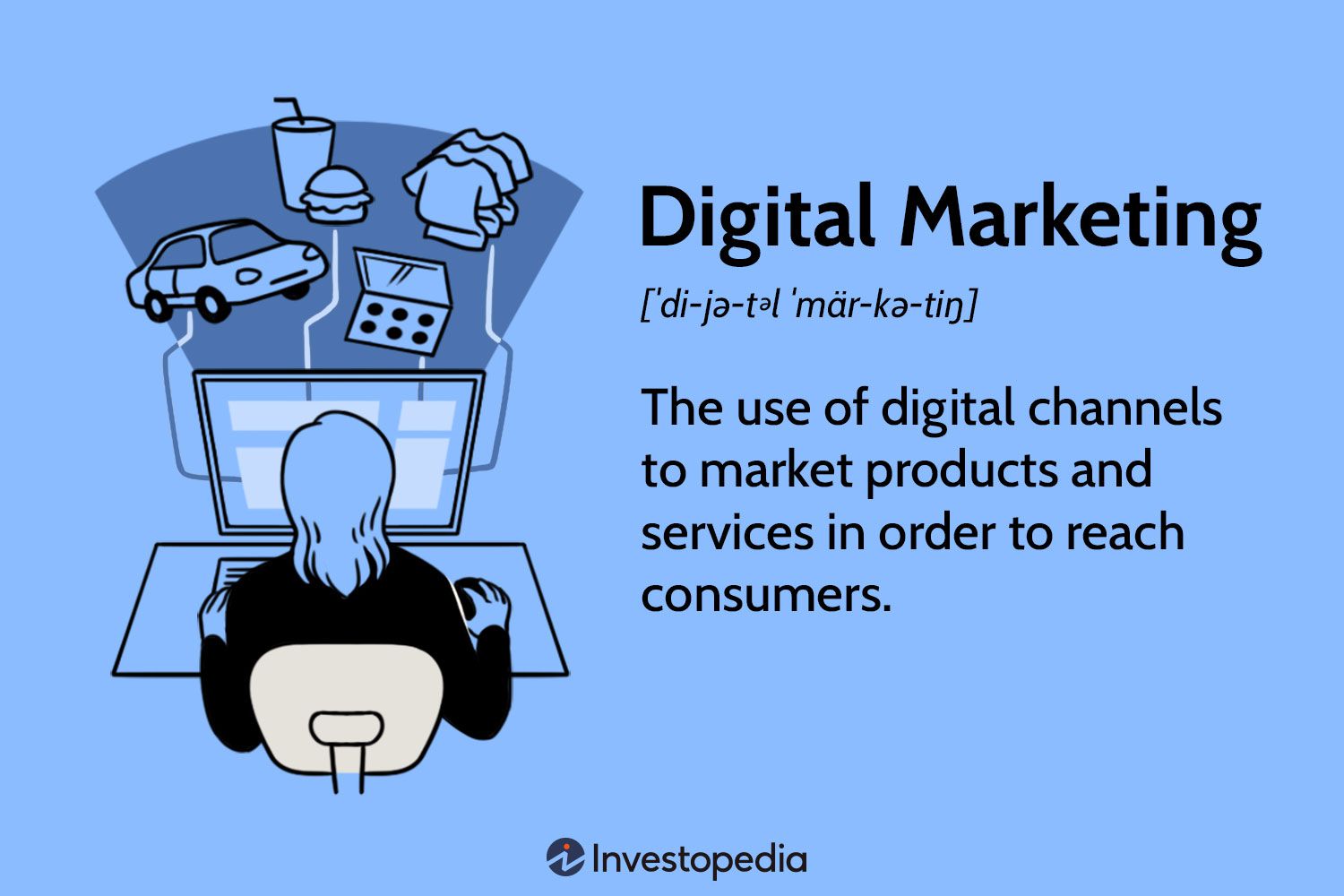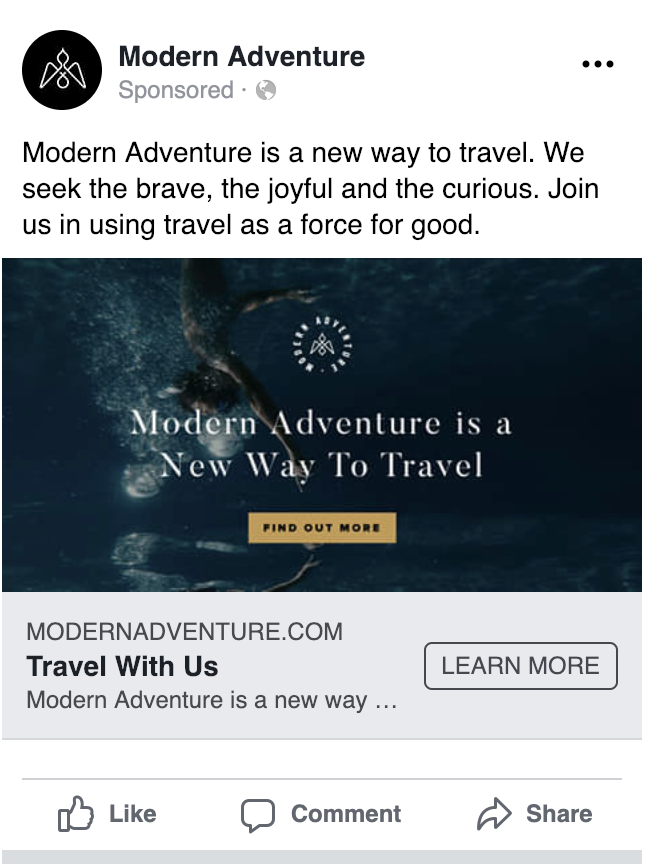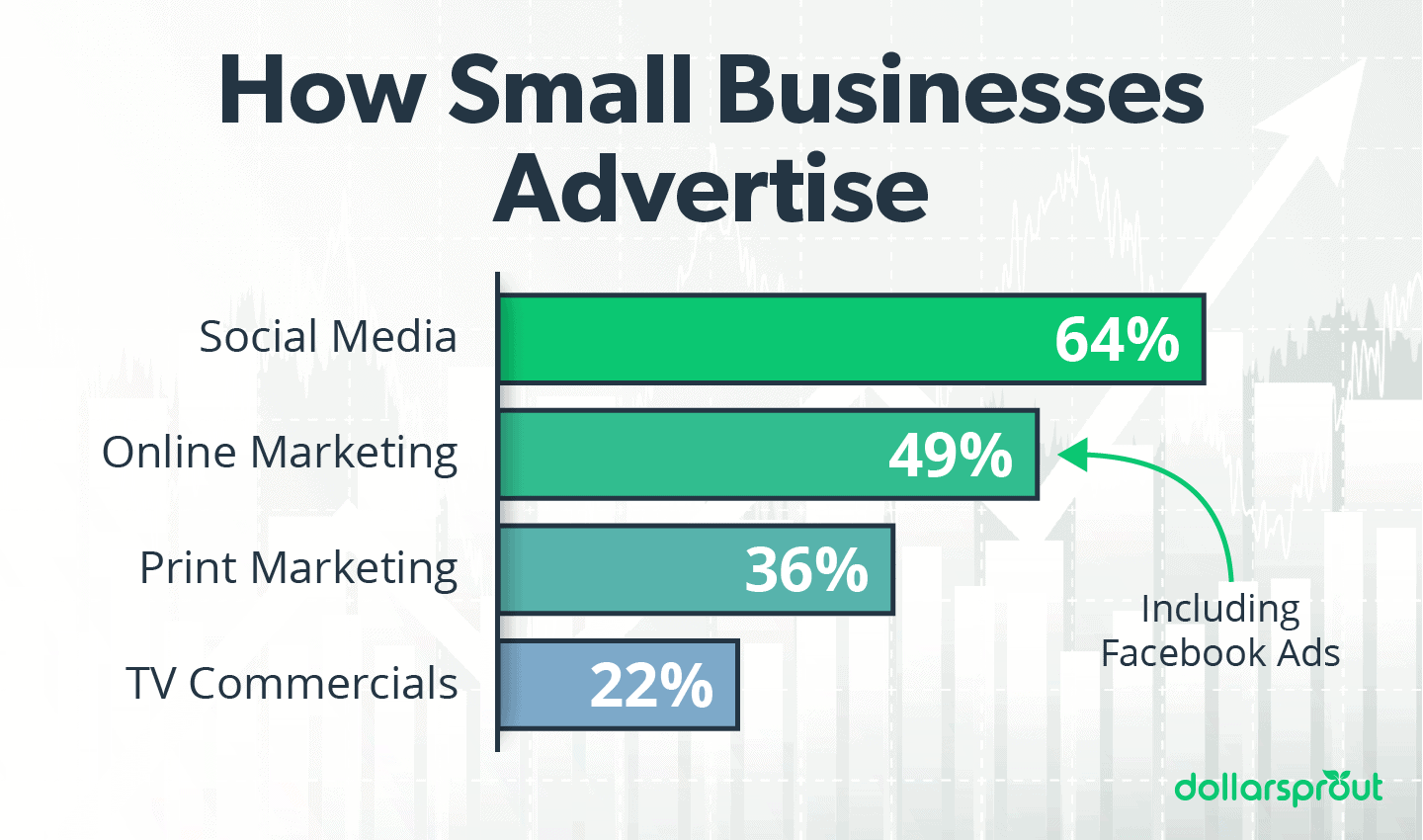Digital marketing strategies are essential for reaching target audiences online and driving business growth. These strategies encompass SEO, content marketing, social media, and more.
Digital marketing has revolutionized how businesses connect with customers. By leveraging online channels, companies can reach a broader audience and engage with them more effectively. Key components include SEO to improve search engine rankings, content marketing to provide valuable information, and social media marketing to foster direct interaction.
Email marketing and pay-per-click advertising also play crucial roles in attracting and retaining customers. Crafting a well-rounded digital marketing strategy ensures businesses stay competitive, build brand loyalty, and achieve their goals. Effective digital marketing requires continuous evaluation and adaptation to keep up with changing trends and consumer behaviors.

Credit: www.simplilearn.com
Introduction To Digital Marketing
Digital marketing uses online channels to promote products and services. It has become essential for businesses today. Digital marketing includes tools like social media, email, and SEO. These tools help reach more customers effectively.
Importance In 2024
In 2024, digital marketing will be more critical than ever. The internet is a big part of people’s lives. Companies need a strong online presence to compete. Digital marketing helps businesses stay visible and relevant.
Key reasons for its importance:
- More people are shopping online.
- Social media influence is growing.
- Mobile usage is increasing.
- Data-driven marketing offers better results.
Key Trends
Understanding key trends can help businesses succeed. Here are some important trends for 2024:
| Trend | Description |
|---|---|
| AI and Automation | AI tools can improve customer engagement and efficiency. |
| Video Content | Videos are more engaging and shareable than text. |
| Personalization | Tailored content can increase customer satisfaction and loyalty. |
| Voice Search | Optimizing for voice search can improve search rankings. |
Staying updated with these trends is crucial. It helps businesses remain competitive and effective.
Seo Techniques
Search Engine Optimization (SEO) is vital for digital marketing success. It improves your website’s visibility on search engines. This section covers effective SEO techniques.
Keyword Research
Keyword research is the foundation of SEO. It helps you find the right terms people search for. Use tools like Google Keyword Planner or Ahrefs to discover these terms.
Focus on keywords with high search volume but low competition. Long-tail keywords, which are more specific, often perform better. These can drive more targeted traffic to your site.
| Tool | Features |
|---|---|
| Google Keyword Planner | Free, reliable data from Google |
| Ahrefs | Comprehensive keyword analysis |
On-page Optimization
On-Page Optimization involves optimizing individual pages on your site. Ensure your title tags and meta descriptions include target keywords. They should also be unique for each page.
Use header tags (
,
,
) to structure your content. These tags help search engines understand your page’s hierarchy.
- Include keywords in the first 100 words of your content.
- Optimize images with alt text that includes keywords.
- Ensure your URLs are short and keyword-rich.
Internal linking also plays a key role in On-Page Optimization. Link to other relevant pages on your site to improve user experience and SEO.
Content Marketing
Content marketing is a powerful digital marketing strategy. It involves creating valuable content to attract and engage an audience. This strategy helps in building trust and driving customer action.
Blogging Strategies
Blogging is a cornerstone of content marketing. It helps in improving website SEO and driving organic traffic. Here are some effective blogging strategies:
- Keyword Research: Identify keywords relevant to your audience. Use tools like Google Keyword Planner.
- Quality Content: Write informative and engaging blog posts. Ensure the content is original and useful.
- Consistency: Post regularly to keep your audience engaged. Create an editorial calendar.
- Headlines: Craft compelling headlines. A good headline attracts more clicks.
- Visuals: Use images, infographics, and charts. Visuals make content more engaging.
- Internal Linking: Link to other posts on your website. It helps in SEO and keeps visitors on your site longer.
Video Content
Video content is gaining immense popularity. It is engaging and can convey information quickly. Here are some tips for creating effective video content:
- Short and Engaging: Keep videos short. Long videos often lose viewers.
- Quality: Invest in good video production. Quality videos reflect professionalism.
- Storytelling: Tell a story. Stories captivate the audience and make content memorable.
- SEO: Optimize video titles, descriptions, and tags. It helps in ranking on search engines and platforms like YouTube.
- Call-to-Action: Include a clear call-to-action. Guide viewers on what to do next.
In conclusion, effective content marketing involves strategic blogging and engaging video content. These strategies can significantly boost your digital marketing efforts.
Social Media Marketing
Social media marketing is a key part of digital marketing strategies. It helps businesses connect with their audience, build brand loyalty, and drive sales. Through social media, brands can share content, engage with followers, and analyze their campaigns’ performance.
Platform Selection
Choosing the right platform is crucial for success. Each social media platform has its unique audience and features.
| Platform | Audience | Content Type |
|---|---|---|
| General Public | Text, Images, Videos | |
| Younger Audience | Images, Stories, Reels | |
| Professionals | Articles, Job Posts | |
| News Seekers | Short Text, Threads |
Focus on platforms where your audience spends most time. Use analytics to understand your audience’s preferences and behavior.
Engagement Tactics
Engagement is the heart of social media marketing. Effective engagement builds trust and loyalty.
- Post Regularly: Keep your audience engaged with consistent posts.
- Use Visuals: Images and videos grab attention better than text.
- Respond Promptly: Answer questions and comments quickly to show you care.
- Host Contests: Contests and giveaways boost interaction and reach.
- Share User-Generated Content: Showcase content created by your followers.
These tactics help build a strong, loyal community around your brand. Remember, engagement goes beyond likes and shares. It’s about building meaningful connections.
Email Marketing
Email marketing is a powerful tool in digital marketing strategies. It allows businesses to connect directly with their audience. Effective email marketing can boost customer engagement and drive sales. Below, we explore how to build lists and craft campaigns.
Building Lists
Building a quality email list is crucial. Start by creating a signup form on your website. Offer something valuable in return for an email address, such as a discount or eBook.
- Use social media to promote your signup form.
- Collect emails at events or trade shows.
- Ensure your emails comply with GDPR and CAN-SPAM regulations.
Segment your email list based on customer behavior. This allows for more personalized and effective campaigns. Use tools like Mailchimp or Constant Contact for list management.
Crafting Campaigns
Start with a clear objective for your email campaign. Do you want to increase sales, promote a new product, or retain customers?
- Write a compelling subject line. It should grab attention immediately.
- Include a strong call-to-action (CTA). Make it clear what you want the reader to do.
- Personalize your emails. Use the recipient’s name and tailor content to their interests.
Keep your email content concise and engaging. Use images and videos to make it visually appealing. Test your emails before sending them out. Check for any errors and ensure they display correctly on all devices.
Track the performance of your campaigns. Use metrics like open rates, click-through rates (CTR), and conversions. This data helps you improve future campaigns.
| Metric | Definition | Importance |
|---|---|---|
| Open Rate | The percentage of recipients who open your email. | Shows subject line effectiveness. |
| Click-Through Rate (CTR) | The percentage of recipients who click on a link within your email. | Measures engagement and interest. |
| Conversion Rate | The percentage of recipients who complete a desired action. | Indicates campaign success. |
By focusing on these key elements, your email marketing strategy will be more effective. Remember, consistency is key. Regular communication keeps your audience engaged and informed.
Paid Advertising
Paid Advertising is a key component of digital marketing strategies. It helps businesses reach their target audience quickly. By investing in paid ads, companies can drive traffic, generate leads, and increase sales. Let’s explore some effective methods under this strategy.
Ppc Basics
Pay-Per-Click (PPC) advertising is a common method. In PPC, advertisers pay a fee each time someone clicks their ad. It’s a way to buy visits to your site. Google Ads is the most popular platform for PPC campaigns.
Here are some key elements of PPC:
- Keywords: Select relevant keywords for your ads.
- Ad Copy: Write engaging ad text that attracts clicks.
- Bidding: Set a budget and bid for ad placements.
- Landing Pages: Create landing pages that match your ads.
Optimizing these elements can improve your PPC performance.
Social Media Ads
Social media platforms offer powerful advertising options. These ads can target users based on their interests and behaviors. Facebook, Instagram, Twitter, and LinkedIn are popular choices for social media ads.
Key benefits of social media ads:
- Wide Reach: Access millions of users on these platforms.
- Targeting: Use detailed targeting options to reach your audience.
- Engagement: Encourage user interaction with your brand.
- Analytics: Track and measure your ad performance.
Here is a comparison table for social media ad platforms:
| Platform | Ad Formats | Best For |
|---|---|---|
| Image, Video, Carousel | B2C, Brand Awareness | |
| Image, Video, Stories | Visual Products, Lifestyle Brands | |
| Promoted Tweets, Trends | Real-time Updates, News | |
| Sponsored Content, InMail | B2B, Professional Services |
Choosing the right platform can enhance your ad results.
Analytics And Metrics
Understanding Analytics and Metrics is crucial for digital marketing. They help businesses make informed decisions. With the right tools, you can track your campaign’s success. This section dives into the essential components of analytics and metrics.
Tracking Tools
Tracking tools are vital for monitoring performance. They provide insights into user behavior and engagement. Below are some popular tracking tools:
- Google Analytics: This free tool tracks website traffic and user behavior.
- SEMrush: Analyzes competitor data and tracks keyword rankings.
- Ahrefs: Monitors backlinks and SEO health.
- Hotjar: Tracks heatmaps and user interactions on your site.
These tools help in understanding your audience better. They provide data on how users interact with your site. This helps in optimizing your marketing strategies.
Performance Indicators
Performance indicators measure the success of your campaigns. They are also known as Key Performance Indicators (KPIs). Here are some essential KPIs:
| KPI | Definition |
|---|---|
| Click-Through Rate (CTR) | The percentage of users who click on your ad. |
| Conversion Rate | The percentage of visitors who complete a desired action. |
| Bounce Rate | The percentage of visitors who leave your site quickly. |
| Customer Acquisition Cost (CAC) | The cost to acquire a new customer. |
Monitoring these KPIs helps in refining your strategy. You can identify what works and what needs improvement. This leads to better decision-making and higher ROI.
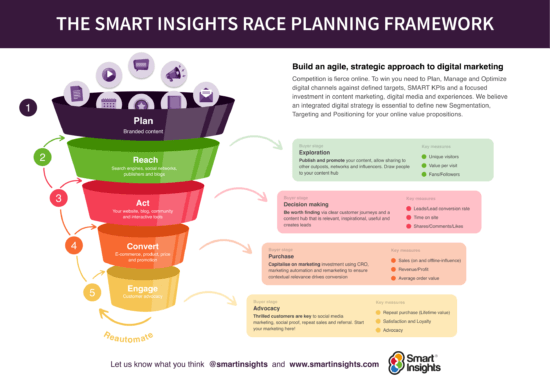
Credit: www.smartinsights.com
Future Trends
Digital marketing is evolving rapidly. New trends are shaping the future. Staying updated is crucial for success. Let’s explore the most important trends.
Ai In Marketing
Artificial Intelligence (AI) is transforming marketing. AI can analyze data faster than humans. This makes it easier to understand customer behavior.
AI tools can create personalized content. They can also help with predictive analysis. This means businesses can forecast future trends.
AI chatbots are improving customer service. They can handle customer queries 24/7. This improves customer satisfaction.
AI-powered advertising targets the right audience. This increases the effectiveness of ads. Businesses get better returns on their investment.
Personalization
Personalization is key to engaging customers. Personalized content makes customers feel valued. This leads to better customer retention.
Data collection helps in personalization. Businesses collect data from various sources. This data helps in understanding customer preferences.
Personalized emails have higher open rates. They also have higher click-through rates. This makes email marketing more effective.
Websites can offer personalized experiences. They can show products based on user behavior. This improves the user experience.
Here is a summary of the key points:
| Trend | Benefits |
|---|---|
| AI in Marketing | Data analysis, personalized content, predictive analysis, chatbots, targeted ads |
| Personalization | Engaged customers, customer retention, effective email marketing, improved user experience |

Credit: www.forbes.com
Conclusion
Mastering digital marketing strategies is key to business growth. Implement these tips to stay ahead of the competition. Monitor your progress regularly and adjust tactics as needed. Stay updated with trends to maintain your edge. Success in digital marketing requires continuous learning and adaptation.


